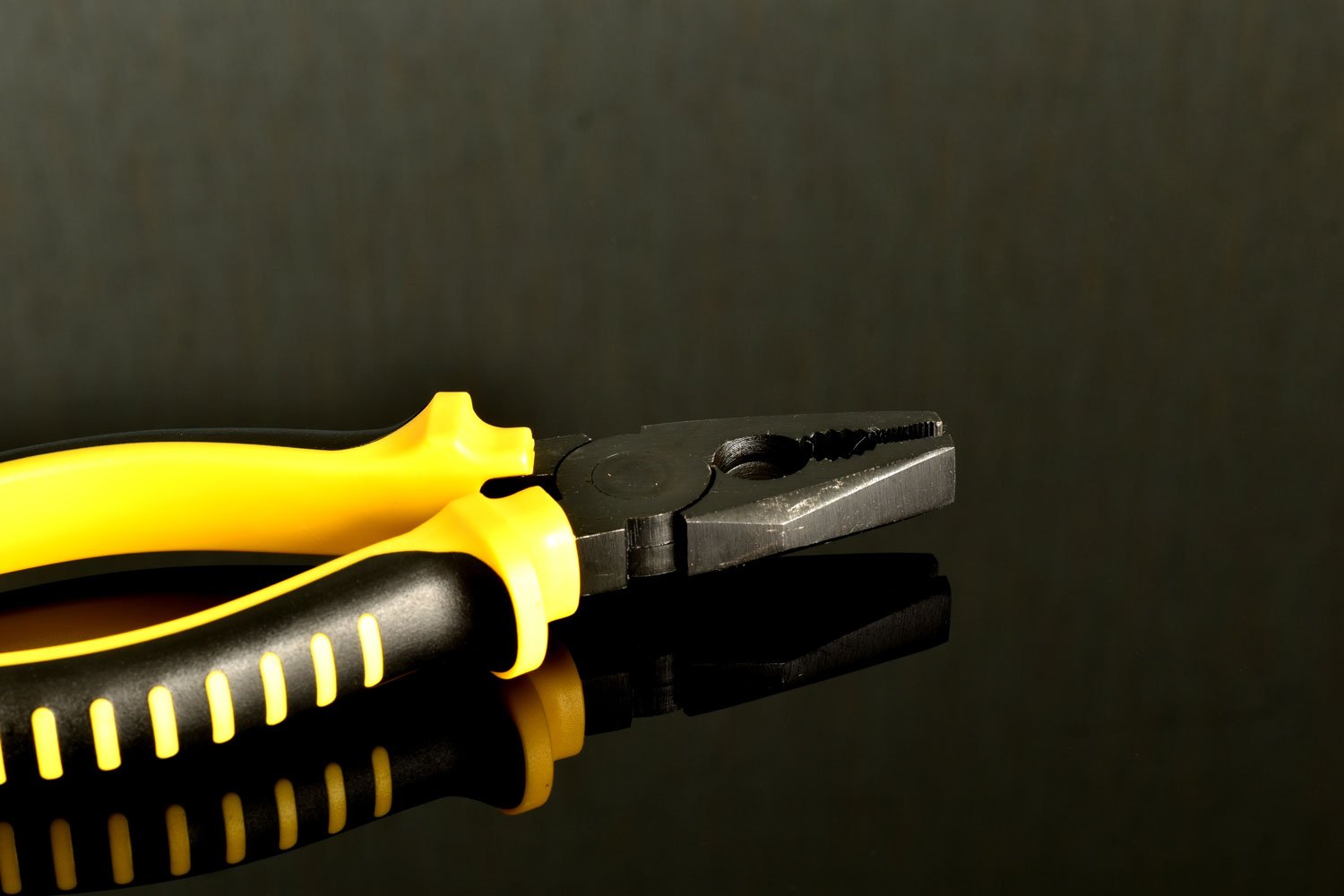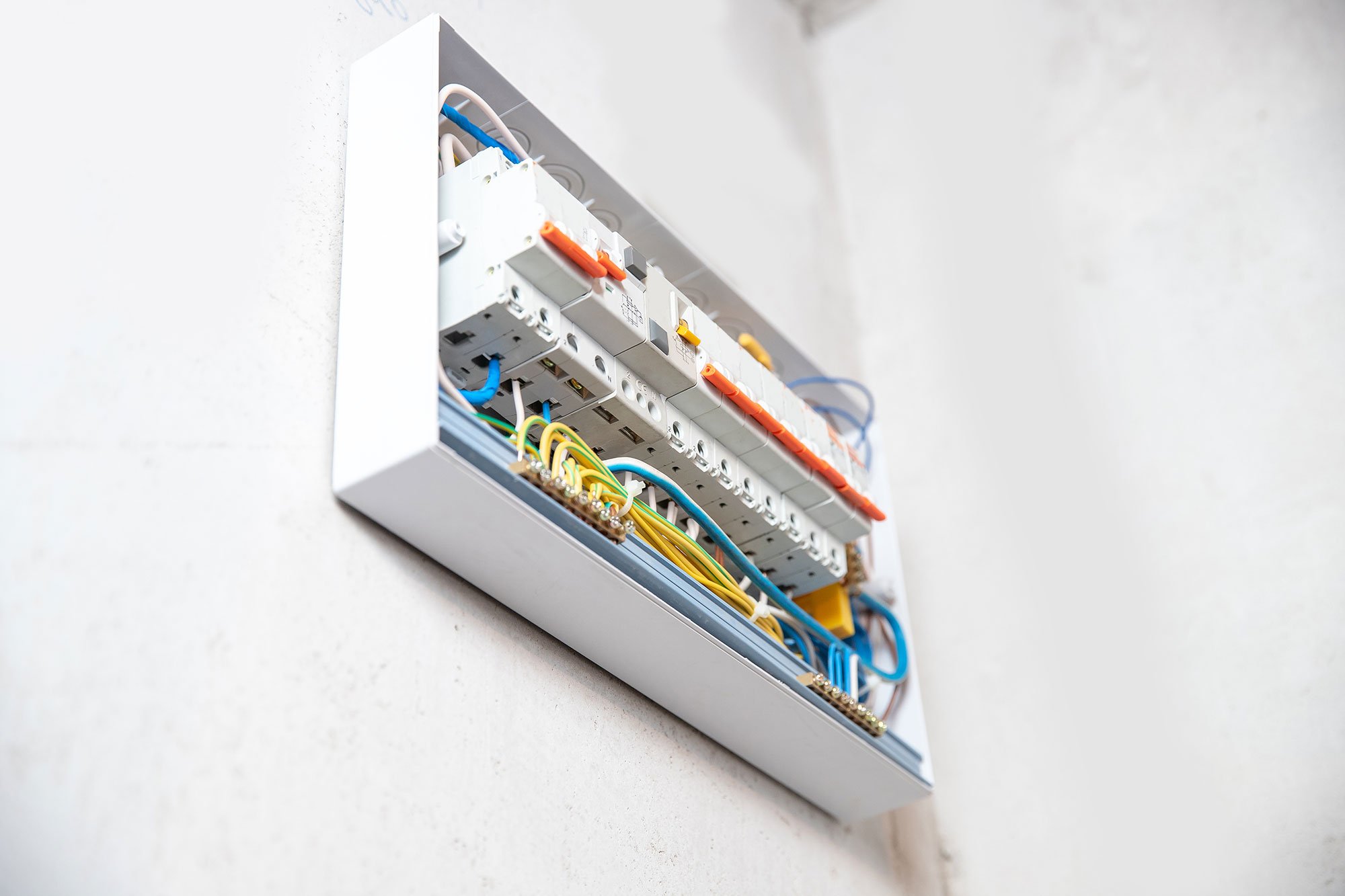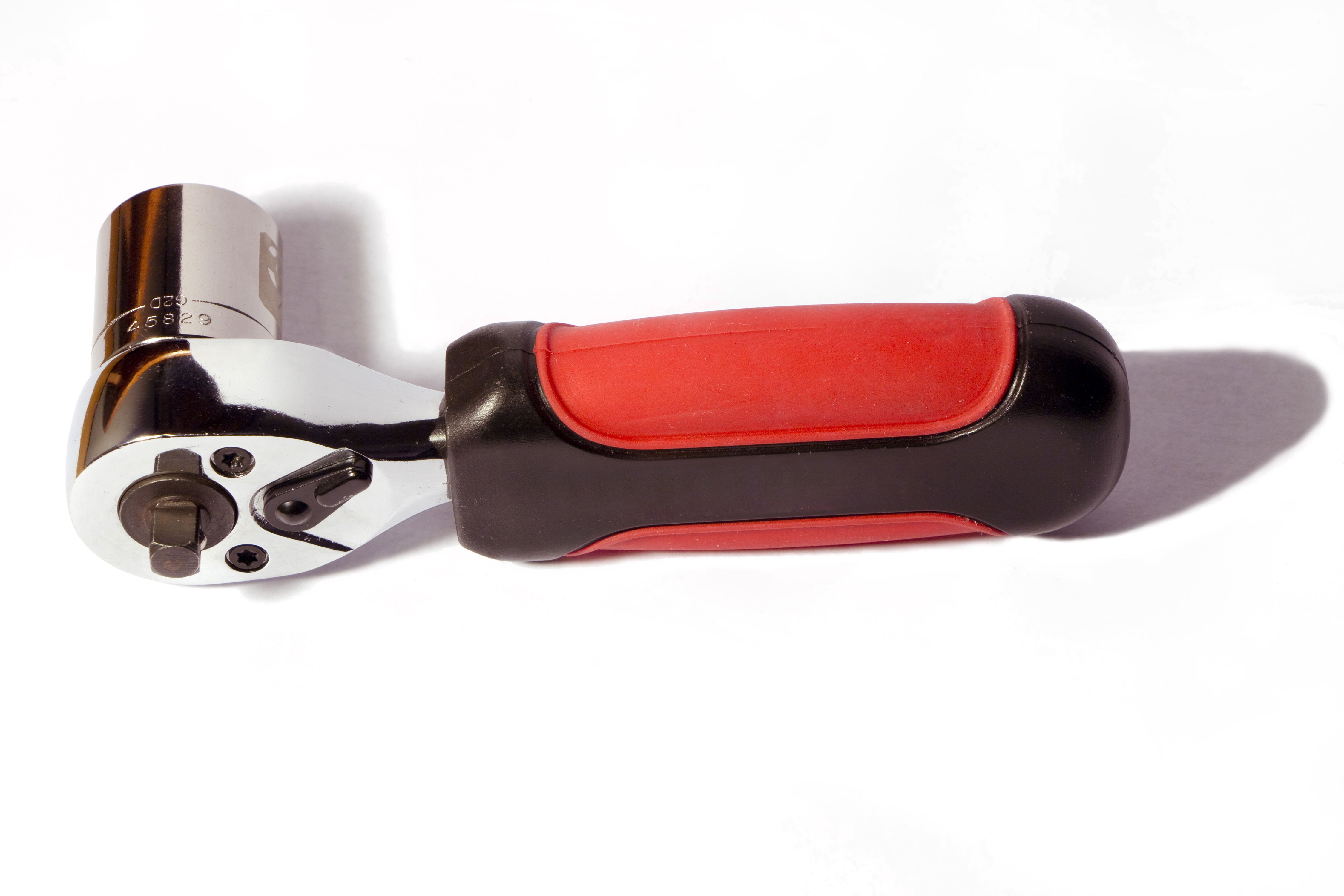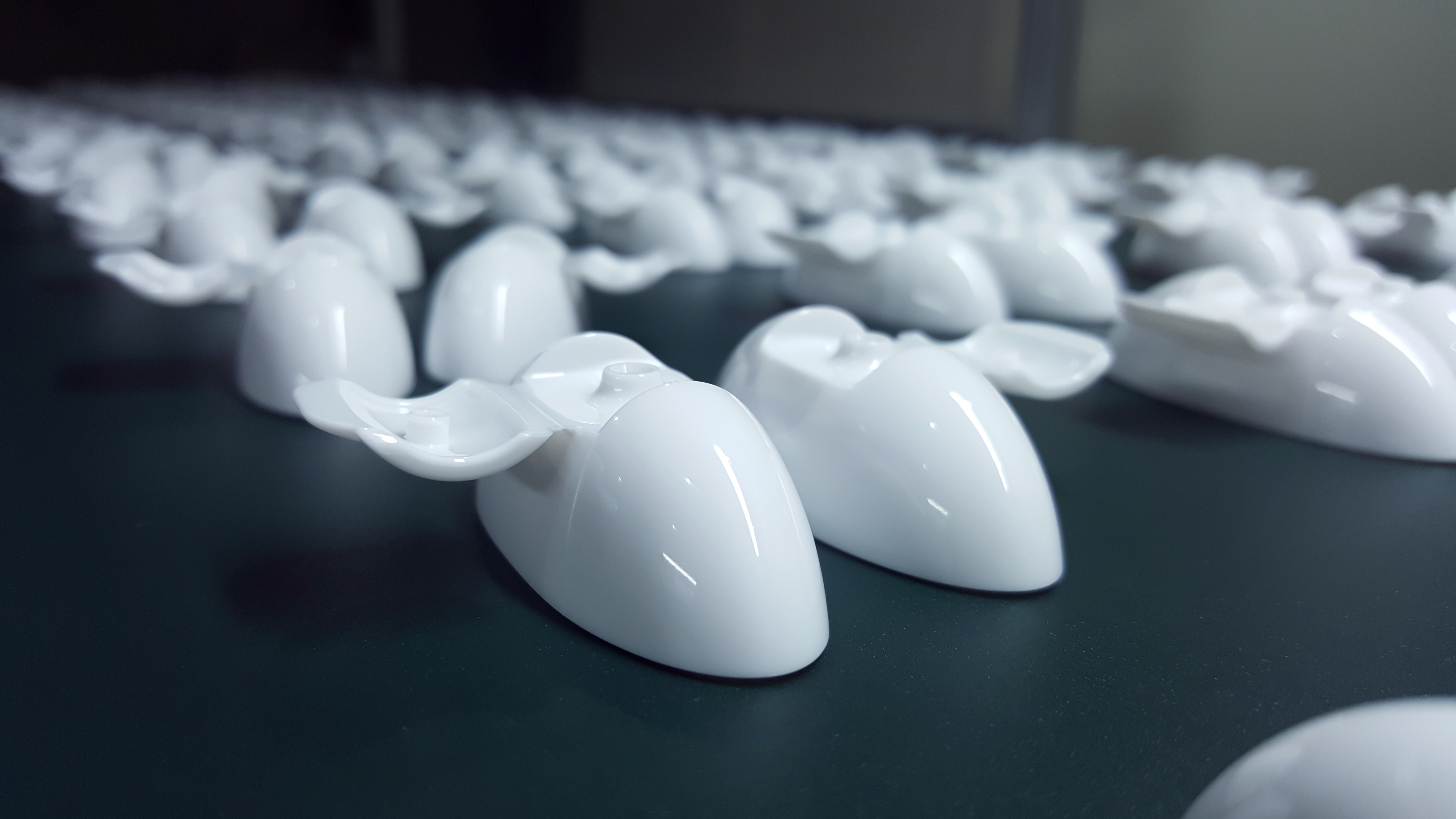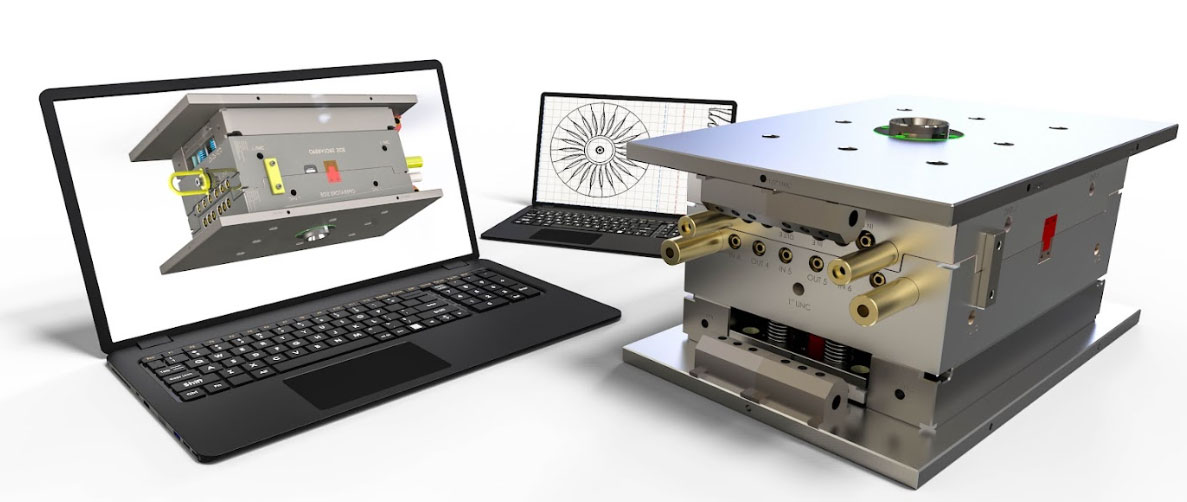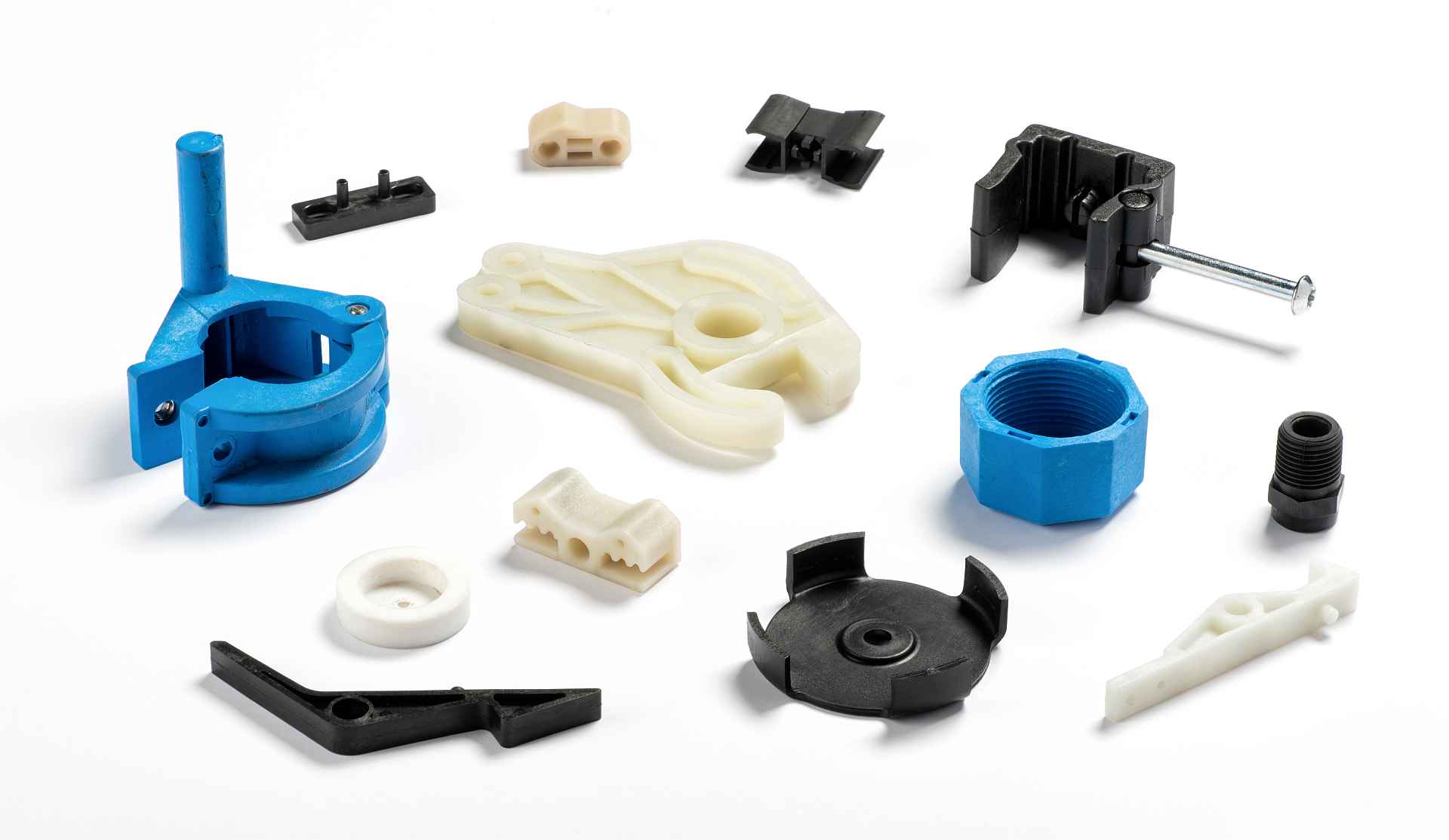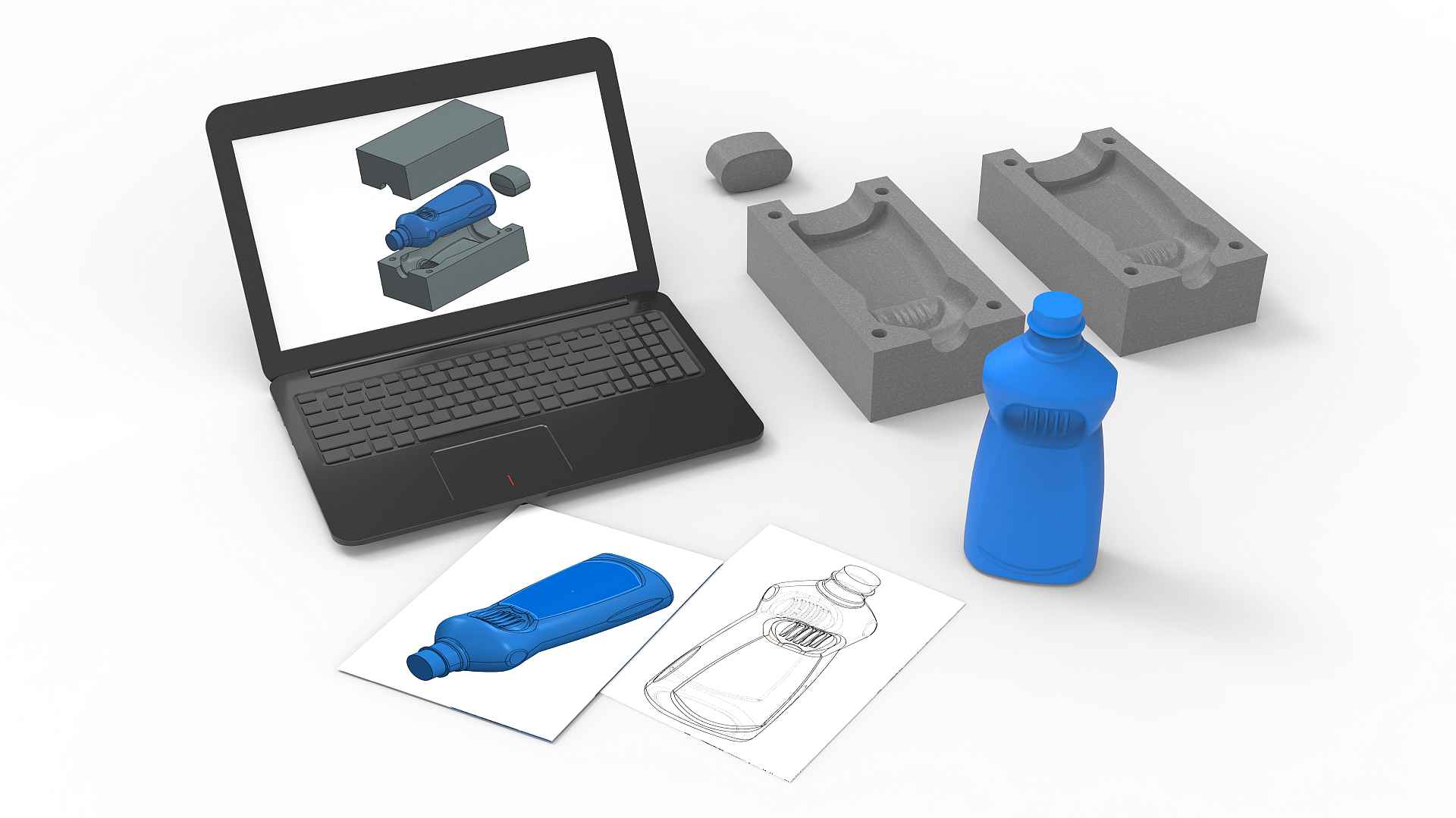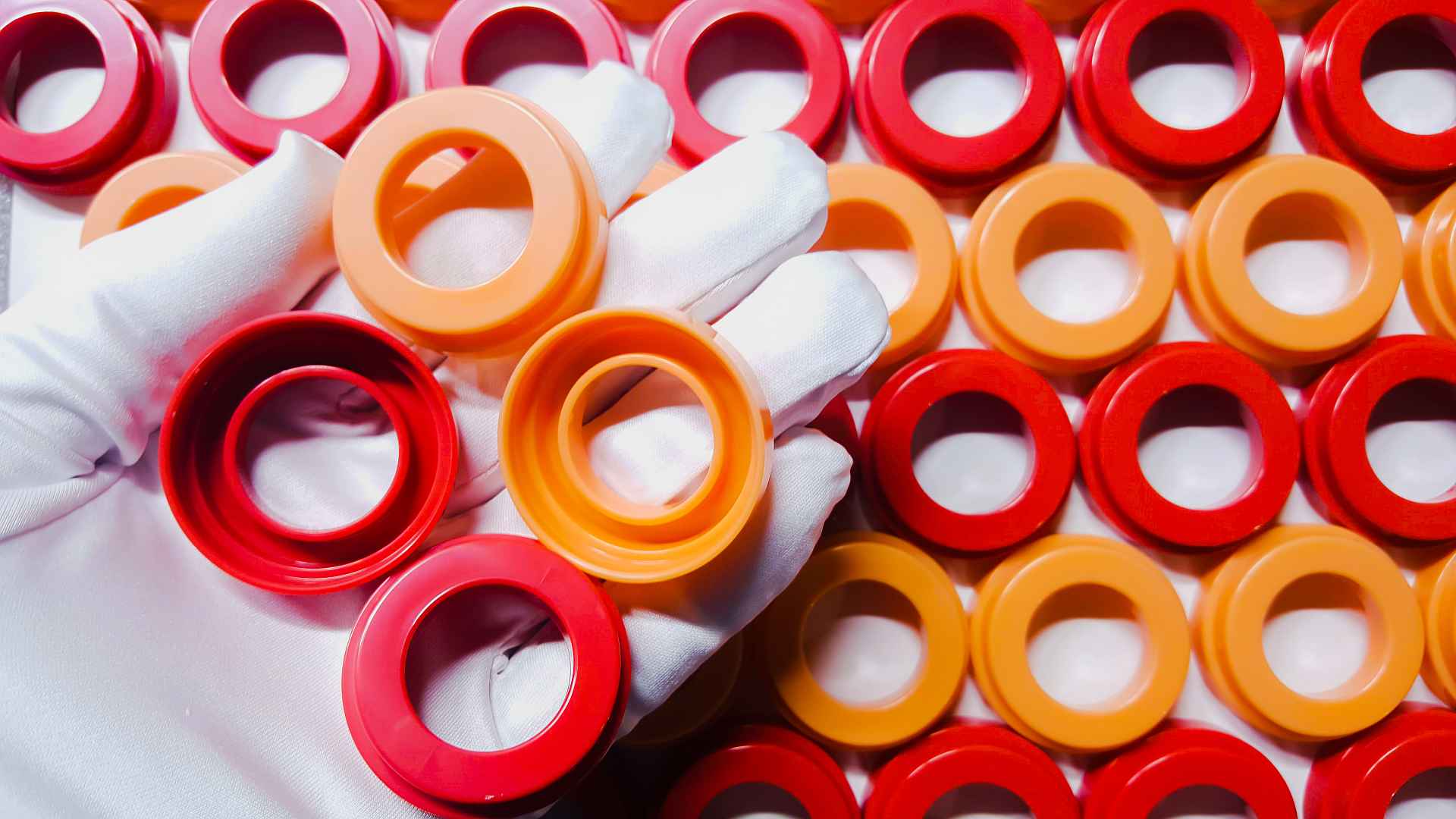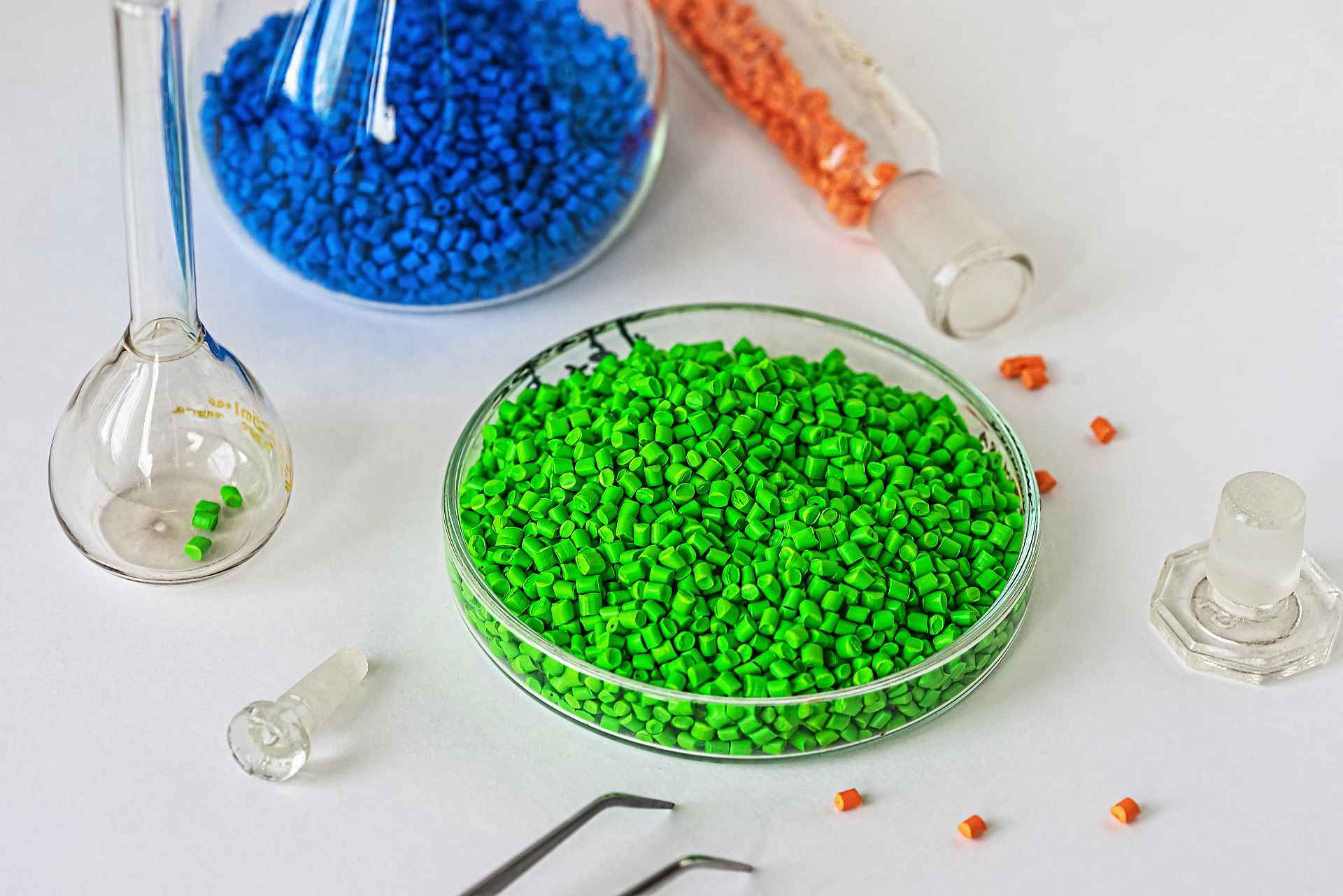Multi-material injection molding has become increasingly popular across many different product applications, allowing us to create complex plastic products which take advantage of more than one material. For example, on handheld products, handles, and grips, we can use a much sturdier base material overmolded with a soft, ergonomic plastic to drastically improve comfort and the overall end user experience.
Jon Gelston
Recent Posts
An Overview and Comparison of Multi-Material Injection Molding Services
Posted: January 25, 2024 by
Jon Gelston
Tags:
Plastic Injection Molding Defects,
Plastic Types,
Quality,
Texture,
Choosing the right plastic injection molder
The Evolution of Custom Electronic Enclosures
Posted: January 15, 2024 by
Jon Gelston
Tags:
Plastic Injection Molding Defects,
Plastic Types,
Quality,
Texture,
Choosing the right plastic injection molder
The evolution of electronics enclosures in the plastic injection molding industry has been largely inspired by advancements in production technology and materials science. Moreover, the requirements for modern electronics devices have tended to grow increasingly complex: complicated designs, component miniaturization, and custom electronics integration have all become standard procedure for many devices.
A Deep Dive into Today’s Plastic Overmolding Applications: From Automotive to Electronics Products
Posted: December 7, 2023 by
Jon Gelston
Tags:
Plastic Injection Molding Defects,
Plastic Types,
Quality,
Texture,
Choosing the right plastic injection molder
Plastic overmolding is a unique injection molding process that we use to mold custom components over top of other molded parts. A specialized form of multi-shot injection molding, overmolding allows us to mold one plastic part design onto another – typically a stronger, more rigid plastic base, or internal metal components combined with overmolded plastics.
Current and Future Trends in Injection Molding: From Product Design to Materials and Manufacturing Technologies
Posted: November 30, 2023 by
Jon Gelston
Tags:
Plastic Injection Molding Defects,
Plastic Types,
Quality,
Texture,
Choosing the right plastic injection molder
The injection molding industry continues to evolve through the adoption of newly engineered plastic materials and emerging production technologies.
Draft Angle in Plastic Injection Molding Explained: From Part Design to Finished Product
Posted: November 16, 2023 by
Jon Gelston
Tags:
Plastic Injection Molding Defects,
Plastic Types,
Quality,
Texture,
Choosing the right plastic injection molder
Draft angle is a critical concept in plastic injection molding. It directly affects both the quality and manufacturability of plastic parts, so it’s crucial to get it right from the start to avoid production issues down the line. Worse, it can be a detail that can render your injection mold useless.
Put simply, draft angle refers to the taper or angle that is designed into the vertical walls of a plastic part, relative to the vertical axis of the mold. Properly tapered walls ensure that the finished part can more easily eject from the mold after the forming process is complete. Essentially, an optimal draft angle is necessary because it prevents the part from getting stuck in the mold cavity due to the friction between the plastic material and the mold surfaces on the texture side and the suction between the plastic material and the mold surfaces on the interior side.
Common Applications for Insert Molding in Plastic Injection Molded Products
Posted: November 2, 2023 by
Jon Gelston
Tags:
Plastic Injection Molding Defects,
Plastic Types,
Quality,
Texture,
Choosing the right plastic injection molder
Insert molding is integral for many plastic injection molded products that require threaded connections, high-strength fasteners, or other metal components integrated straight into the plastic. While these complex part features could potentially be produced through injection molding alone, insert molding allows us to combine the increased strength and durability of metal with the flexibility of plastic molding.
Below, we take a look at some of the most common insert molded products, along with some of the advantages that metal inserts bring to the table.
A Guide to Optimizing Product Design for Plastic Injection Molding
Posted: October 19, 2023 by
Jon Gelston
Tags:
Plastic Injection Molding Defects,
Plastic Types,
Quality,
Texture,
Choosing the right plastic injection molder
Your custom injection molded products are only as good as the designs on which they are based. The injection molding process is delicate and complex, requiring precision designs and specifications to ensure a quality end product. Everything from the size and shape of the components to the strength requirements must be factored into the design in order to optimize the production process.
Moreover, there are a multitude of unique thermoplastic materials to choose from. In order to optimize your products for both cost and functional performance, we must consider (and sometimes test) numerous different materials in the design phase.
Understanding Material Choices in Plastic Product Design
Posted: October 5, 2023 by
Jon Gelston
Tags:
Plastic Injection Molding Defects,
Plastic Types,
Quality,
Texture,
Small Plastic Parts,
Choosing the right plastic injection molder
When it comes to designing custom injection molded products, choosing the right material is crucial. Optimum material choice ensures that the final products exhibit the quality and durability that you expect, as well as all of the desired performance aspects. Product costs are also often a major consideration in material choice.
Of course, there are a multitude of different injection molded plastics to choose from, each offering unique strengths and performance advantages. However, choosing the ideal molded plastic material isn’t always an obvious process. There are many complex material properties and production issues to consider.
The Role of User-Centered Design in Injection Molded Product Development
Posted: September 22, 2023 by
Jon Gelston
Tags:
Plastic Injection Molding Defects,
Plastic Types,
Quality,
Texture,
Small Plastic Parts,
Choosing the right plastic injection molder
In today's highly competitive and diverse market of molded plastics, ensuring success goes beyond the basic functionality and aesthetics of the products. While those aspects remain crucial, successful projects are backed up by a further understanding of their respective markets, their end users, and the unique needs they bring to the table.
This is where user-centered design (UCD) plays a pivotal role in plastic injection molding, considering the end-user experience first and foremost throughout product development. When combined with the precision and efficiency of the injection molding process, UCD can result in custom products that meet or exceed user expectations while also being as cost-effective and sustainable as possible.
Sustainability and Eco-Friendliness in Today’s Plastic Injection Molding Industry
Posted: September 7, 2023 by
Jon Gelston
Tags:
Plastic Injection Molding Defects,
Plastic Types,
Quality,
Plastic vs. metal,
Texture,
Small Plastic Parts,
Choosing the right plastic injection molder,
Nylon Injection Molding,
plastic injection molding Colorado
For at least the past decade, plastics have often been considered negatively in discussions concerning sustainability and eco-friendliness. But most of this is tied to single-use plastics and how they are handled after usage. Looking further upstream to plastic manufacturing, the reality may be more eco-friendly than one would think. The modern injection molding sector has become more and more concerned with sustainability and environmental friendliness. From the plastic materials that make up the products to the production equipment that molds them, along with all of the complex logistics behind shipping and supply chain management – today’s industry demands better sustainability at every turn.
Subscribe to Email Updates
Posts by Topic
- Quality (59)
- Choosing the right plastic injection molder (47)
- Plastic Types (46)
- Plastic Injection Molding (44)
- Plastic Injection Molding Defects (41)
- Texture (30)
- Small Plastic Parts (25)
- Plastic vs. metal (21)
- Electronic Enclosures (15)
- Plastic Injection Molding Tooling (14)
- Waterproofing (13)
- plastic enclosures (11)
- Outdoor enclosures (8)
- Plastic Gate Design (6)
- insert molding (6)
- vacuum forming (4)
- Assemblies (3)
- Nylon Injection Molding (3)
- elastomeric overmolding (3)
- Customer (1)
- Glass-Filled Nylon (1)
- Insert Molding vs. Overmolding (1)
- Lettering and Logos (1)
- News (1)
- Tool Transfer (1)
- Tradeshow and Events (1)
- injection molding (1)
- laser engraving (1)
- laser etching (1)
- plastic injection molding Colorado (1)

 SINCE 1993 MADE IN USA
SINCE 1993 MADE IN USA 